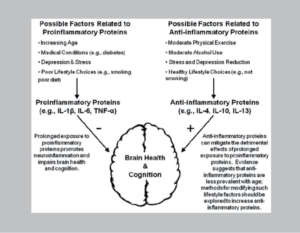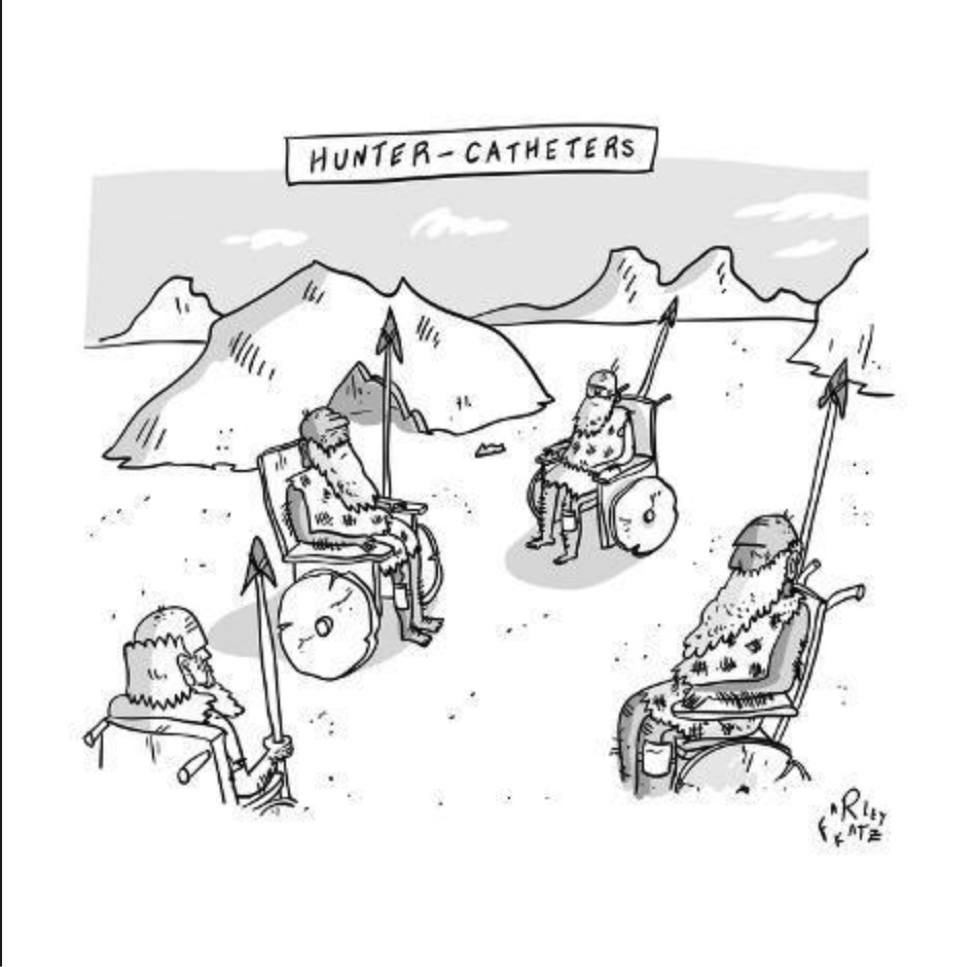Have you ever stopped to think about the choices you’ve made in your teenage years, combined with every decade of life thereafter? Have you thought about how heavy drinking, smoking, constant anxiety, fast food eating and head trauma has impacted your health, better yet, your memory? Now, if you’re in your 20s you may still feel sharp as a knife. You may be able to recall information needed to pass an exam while navigating the mild inflammation in your brain from a hangover the night before. You may also be able to repeat phone numbers, names, dates, and precious memories themselves without grabbing for your cellphone to jog your memory. Or, due to the accumulated impact of inflammation from the myriad of traumas (toxins, thought forms, injury), your recall and your brain’s ability to store and hold information has decreased, and names or numbers are locked away in a fuzzy, distant, fog. If you’re a young adult, this “fuzzy memory” should be a red flag, and reducing inflammation of the brain should be on the top of our list. Let’s explore how inflammation negatively impacts cognitive function.

Kyrah Bacote
Before we begin, we should understand the forms of inflammation: acute inflammation and chronic inflammation. According to Harvard Health, “acute inflammation” comes on within minutes and goes away within a few hours or days1. An acute inflammatory response is activated within the body to attack and remove invading microorganisms, injury, irritants, or oxidative stress. Acute inflammatory responses are healing and begin the process of restoring damaged tissues. “Chronic inflammation” is a prolonged inflammatory response that lasts for months to years. This prolonged inflammation occurs when the body fails to eliminate the cause(s) of inflammation. Having prolonged inflammation is similar to having little fires throughout the body that our immune system is fighting for months on end. Eventually, fatigue of the immune system sets in, and disease states within the body are made manifest. For example, rheumatoid arthritis, cancer, heart disease, diabetes, asthma, and Alzheimer’s are conditions due to chronic inflammation.
In 2019, there was a 20 – year study published testing systemic inflammation and cognitive change (memory, executive function and language) of 12,336 participants from 40-65 years of age2. During this study various blood markers were used to determine systemic inflammation:
- C-reactive protein (CRP)
- Fibrinogen
- White blood cell count
- von Willebrand factor
- factor VIII
The study concluded that participants in midlife with high CRP had 11.6% steeper cognitive decline, and the findings of the study highlighted that there may be an early pathogenic role for systemic inflammation and cognitive decline leading up to older adulthood. One may think that changes in cognition are common as we age, however 1 in 1,000 older adults show no signs of cognitive deterioration.3. Research has shown that certain cognitive abilities remain stable even in stages of mild to moderate dementia.

Now let’s explore ways to reduce inflammation, improve memory and heal our brains. Dr. Dharma Singh Khalasa, M.D. explains ways to improve our mind and memory with suggestions from his book “Brain Longevity.”4
- “Cortisol connection” There is a strong relationship between stress and cognitive dysfunction. Remedy: a “relaxation response,” i.e. taking a prolonged sigh, meditating for 20 minutes a day, using a mantra like “peace” that you repeat, or even a mindless activity like watching television for a short period of time
- “Attitude and biochemistry” If there’s neurotransmitter shortages or prolonged exposure of neurotransmitters in the brain, it can trigger depression, impact our mood and our memory. Remedy: exploring neurotransmitter shortages and supplementing with acetyl-l-carnitine, taurine, B vitamins, SAMe, vitamin E, magnesium, Siberian ginseng, ginkgo biloba, omega-3s, Folic acid, TMG, or a yummy organic green drink.
- “Dendritic fireworks” Physical exercise helps preserve cognitive function by increasing norepinephrine and endorphins which increase blood flow to our brain. Exercise also provides “a psychological oasis of relaxation” by diminishing our bodies response to stress for up to four hours! Remedy: get up, get out, and move!! Even 30 minutes of brisk walking every day can benefit the brain.
In the words of Dr. Khalsa, “aging isn’t always a process of degeneration, but can be an opportunity for regeneration. You’ve learned that if you nurture your brain, you can be intelligent and happy during every stage of your life. You’ve learned that controlling your stress can make you smarter – now, and forevermore. Don’t give up. The best is yet to come. Your life, as always, lies ahead.” I’ll happily cheers to that Dr. Khalsa, cheers with a green drink of course.
Citations:
- Harvard Health Publishing. “Understanding Inflammation.” Harvard Health, www.health.harvard.edu/staying-healthy/understanding-inflammation.
- Walker, Keenan A., et al. “Systemic Inflammation during Midlife and Cognitive Change over 20 Years.” Neurology, Wolters Kluwer Health, Inc. on Behalf of the American Academy of Neurology, 12 Mar. 2019, n.neurology.org/content/92/11/e1256.
- Sartori, Andrea C, et al. “The Impact of Inflammation on Cognitive Function in Older Adults: Implications for Healthcare Practice and Research.” The Journal of Neuroscience Nursing: Journal of the American Association of Neuroscience Nurses, U.S. National Library of Medicine, Aug. 2012, www.ncbi.nlm.nih.gov/pmc/articles/PMC3390758/.
- Khalsa, Dharma Singh, and Cameron Stauth. Brain Longevity: the Breakthrough Medical Program That Improves Your Mind and Memory. Warner Books, 1999.
This article first appeared in the April 2020 issue of Lifelines, the Life West student magazine.


